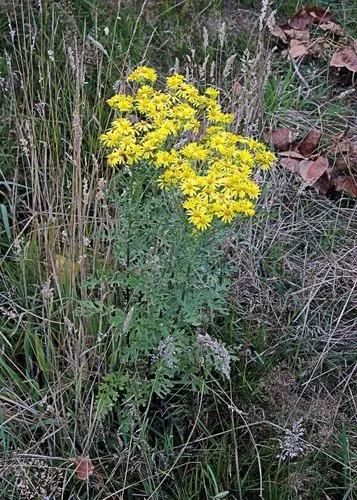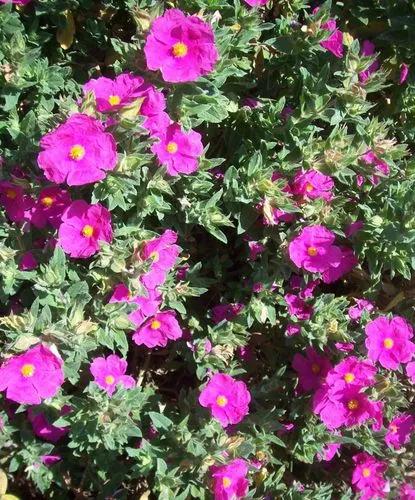Centratherum is a genus of flowering plants in the daisy family. Centratherum punctatum, commonly called Brazilian bachelor`s button, is a tender and perennial exotic cultivated garden herb that typically grows to 12-18 tall.
Larkdaisy Care
Centratherum punctatum



Centratherum punctatum, commonly called Brazilian bachelor’s button, is a tender perennial that typically grows to 12-18” tall. It is a spreading ground cover which is highlighted by a long continuous June-September bloom of fluffy, button-shaped, lavender-blue flowers (to 1” wide). It is native to Brazil. Perennial plants will spread in the garden to 2-4’ wide or more. Annual plants will spread to 2’ wide. Stems are clad with simple, coarsely-toothed, oval to elliptic, olive green to pale green leaves (each to 2-3” long) with depressed veins. Leaves are pleasantly fragrant. Genus name come from the Greek kentron meaning a spur and antheros meaning a barb or spine. Specific epithet means spotted.
How to Care for the Plant

Water

The Brazilian Button Flower is drought tolerant, but it will benefit from routine watering. The flowers should be watered once every two days for the first week after planting, and then once or twice a week after that. The plants should be watered thoroughly, until the entire soil is moist.

Fertilizer

Manure can be worked into the soil before planting as an organic fertilizer.

Sunlight

Choose a place in full sun. The plant also tolerates some part shade.

Soil

It is easily grown in moist, fertile, well-drained soils.

Temperature

This plant can be grown as perennial in the areas with the lowest winter temperatures of +1.7°C (35°F). It can be grown as annual in colder regions because the plant will die off in fall at the time of the first frost.

Popularity

53 people already have this plant 25 people have added this plant to their wishlists
Discover more plants with the list below
Popular articles






